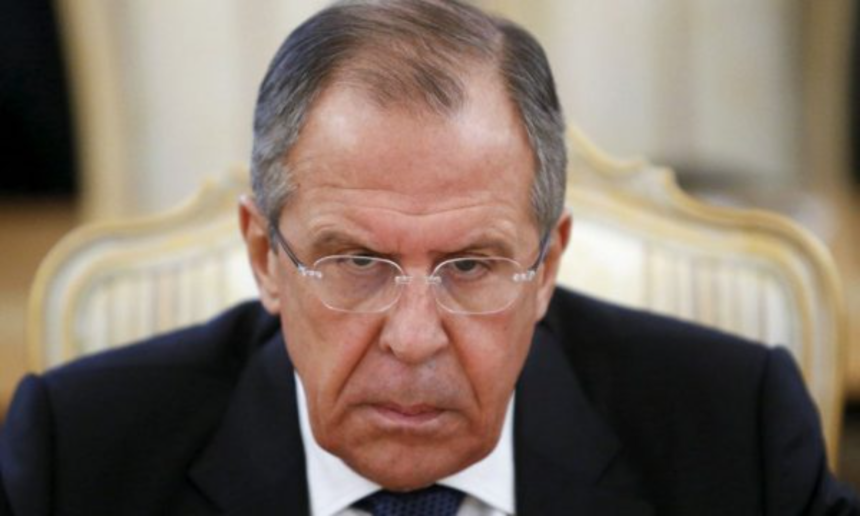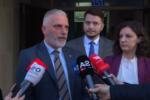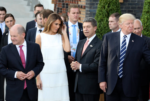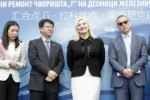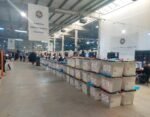In a rare diplomatic exchange, Russian Foreign Minister Sergey Lavrov and Swiss counterpart Ignazio Cassis discussed the ongoing Ukraine war in a phone call on December 19, 2024. This rare conversation comes as tensions between Russia and the West continue to escalate, following Russia’s invasion of Ukraine in February 2022.
The Russian Ministry of Foreign Affairs stated that the two diplomats exchanged views on the Ukraine conflict, with Lavrov offering a detailed explanation of Russia’s position on the matter. Lavrov emphasized once again that NATO’s eastward expansion remains “unacceptable” and continues to be a “deep cause” of the current crisis, as Russia seeks to assert its security concerns.
The discussion also covered the situation within the Organization for Security and Co-operation in Europe (OSCE), which has increasingly become a platform for Moscow’s ongoing diplomatic conflict with the West. Both ministers discussed how to prevent further deterioration within the OSCE, an international body designed to promote peace and security across Europe.
NATO Expansion and Russia’s Security Concerns
Lavrov’s comments on NATO’s expansion highlight one of the key points of contention between Russia and Western nations. Moscow has consistently argued that NATO’s growth eastward, particularly the inclusion of former Soviet republics and Eastern European countries, directly threatens Russia’s security and sovereignty.
The Russian Foreign Ministry reiterated that Russia is prepared to take all necessary measures to ensure its security amidst these ongoing tensions.
The Impact of the Ukraine Conflict on Russia-Switzerland Relations
The diplomatic conversation between Lavrov and Cassis comes at a time of strained relations between Russia and Switzerland. Since the start of the Ukraine war, Switzerland has adopted sanctions against Russia and hosted two peace summits, in which Russia declined to participate. These moves have further strained the relationship between the two nations, marking a significant shift in Switzerland’s traditionally neutral foreign policy stance.
Global Reactions and Diplomatic Shifts
The discussion between Lavrov and Cassis is part of a broader trend of occasional diplomatic dialogues between Russia and Western officials. Earlier in November, German Chancellor Olaf Scholz spoke with Russian President Vladimir Putin for the first time in over two years, a conversation that sparked controversy in Ukraine. These diplomatic exchanges are seen by some as efforts to de-escalate tensions, while others view them as an opportunity for Russia to reiterate its stance on NATO and the conflict in Ukraine.
As the war continues to devastate Ukraine, the international community remains divided on how to address the crisis. The Swiss government, in particular, faces criticism for its balancing act between maintaining its neutrality and responding to international pressures regarding its stance on Russia.
The phone call between Russian and Swiss foreign ministers highlights the ongoing diplomatic struggle surrounding the war in Ukraine, NATO’s expansion, and the role of international organizations like the OSCE. With Russia reaffirming its position on security and NATO, and Switzerland continuing to navigate its neutral stance, the conversation underscores the complexities of international relations in the context of the Ukrainian conflict.

